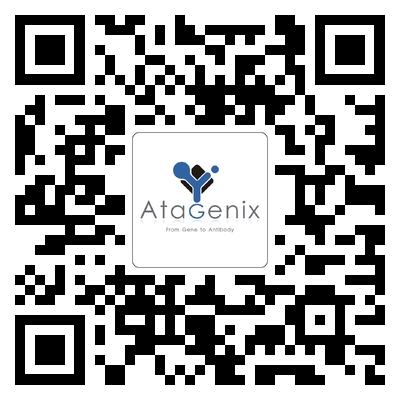Antibody Humanization
Introduction
Antibody Humanization refers to the humanization of most amino acids of mouse monoclonal antibodies through DNA recombination technology and protein engineering technology to reduce its heterogeneity (immunogenicity) while retaining the affinity and specificity of parental mouse monoclonal antibodies. Antibodies expressed by recombinant genes have both murine and human components, so they are called humanized antibodies.
Categories
1. Chimeric Antibodies
Using DNA recombination technology, the light and heavy chain variable region genes of heterologous antibodies are inserted into expression vectors containing the constant region of human antibodies, and mammalian cells are transfected to express chimeric antibodies.
2. Modified Antibodies
CDR grafting antibody is also known as CDR grafting antibody. The CDR of the variable region of the antibody is the region where the antibody recognizes and binds to the antigen, which directly determines the specificity of the antibody. The CDR of the mouse monoclonal antibody is grafted into the variable region of the human antibody, replacing the CDR of the human antibody, so that the human antibody acquires the antigen-binding specificity of the mouse monoclonal antibody, and at the same time, reduces its heterologous nature.
3. Fully Humanized Antibody
Fully humanized antibody refers to the transfer of human antibody genes to genetically engineered antibody gene-deficient animals through transgenic or transchromosomal technology, so that the animals can express human antibodies and achieve the purpose of fully humanized antibody.
Advantages of Antibody Humanization
1. Reduce the immune rejection reaction of the body
2. Recruit effectors or effector cells more effectively
3. Longer half-life in vivo, improving antibody pharmacokinetics.
Basic Principles of Antibody Humanization
1. Maintain or improve the affinity and specificity of the antibody.
2. Reduce or basically eliminate the immunogenicity of the antibody to reduce immune rejection.
Advantages
1. Experienced antibody humanization team.
2. Self-developed high-expression vectors and cell lines, as well as cell lines with commercial development licenses.
3. One-stop capability to develop therapeutic antibodies from cell line development to optimization of fermentation culture conditions, and to fermentation in 150L cell tanks.
Contents
Projects | Receivables | Contents | Time Frame | Deliverables |
Antibody Humanization | Original Antibody Sequence | Humanized Antibody Design Gene Synthesis & Cloning Transient Expression & Purification Experimental Report | 10-12 Weeks | At least 3 Strains of Humanized Antibody (active, ensure at least one strain of humanized antibody has affinity comparable to chimeric antibody). Experimental Report |
Other optional services: Affinity testing; affinity sequencing; stable cell line construction; bispecific antibody development.
Case Study
Copyright © 2024 Lawyer Theme All Rights Reserved

